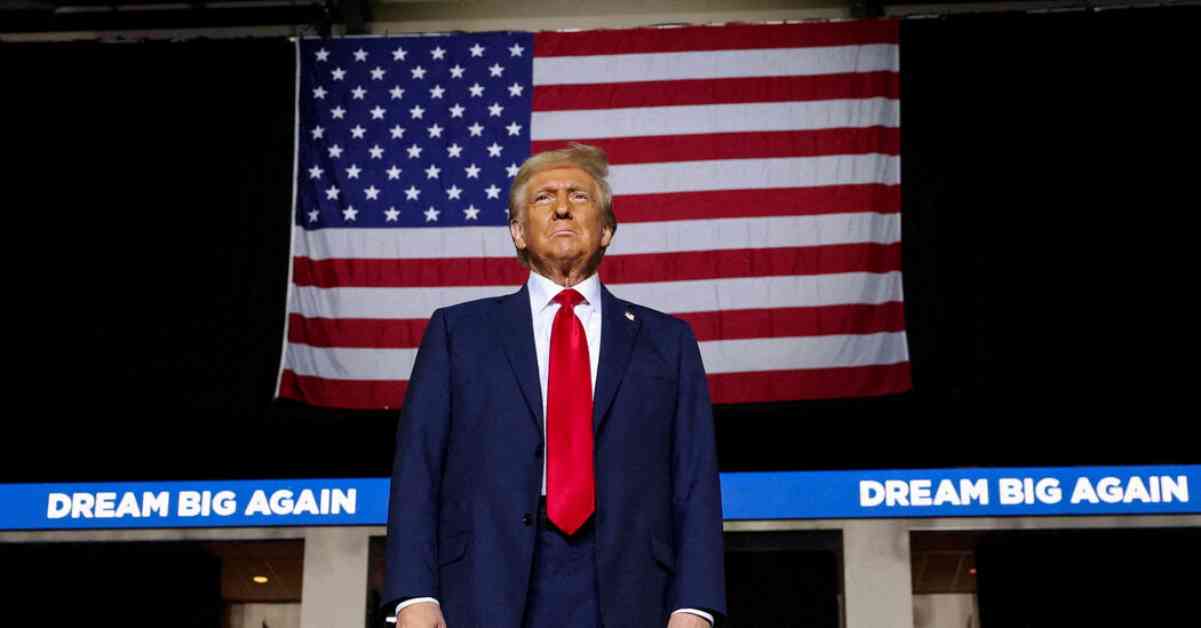Global Markets React to Trump’s Tariff Threats
President-elect Donald Trump’s economic policy is causing turmoil in global markets. Investors and policymakers are experiencing a sense of déjà vu with Trumponomics, as global stocks decline and the dollar strengthens. This reaction follows Trump’s announcement of imposing tariffs on major trading partners like Canada, China, and Mexico right at the beginning of his term. The primary goal behind these tariffs is to curb the influx of cross-border drugs, such as fentanyl, and migrants.
In his recent statements, Trump expressed his intention to levy a 25 percent tariff on all products coming into the United States from Canada and Mexico. Additionally, he proposed an extra 10 percent tariff on imports from China, holding them responsible for the fentanyl crisis. This accusation from Trump has been disputed by Beijing on multiple occasions. As a result of these announcements, the Canadian dollar and Mexican peso saw a significant decline against the dollar.
Interestingly, Trump’s tariff plans did not mention Europe, Japan, and South Korea. However, the stock markets in these regions also witnessed a downward trend. This indicates a growing concern that a potential trade war could disrupt global supply chains and impact corporate profits. Automakers felt the brunt of this news, with companies like Volkswagen, Stellantis, and Nissan, operating manufacturing units in Mexico, experiencing a decline in their stock prices.
The market volatility seen today has undone some of the positive momentum from the previous day, known as the “Bessent bounce” rally. Investors had initially reacted positively when Trump selected Scott Bessent, a hedge fund manager known for his market-friendly approach, to lead the Treasury Department. However, it is now evident that Trump’s tariff threats are the driving force behind the market movements, underscoring his commitment to prioritize America’s interests through trade policies.
While some believe that Trump’s recent announcements could be a negotiation tactic, others, including billionaire financier Bill Ackman, caution against underestimating the potential impact. Trump’s willingness to use tariffs as a tool to advance his America-first agenda has raised concerns both domestically and internationally. The absence of an official announcement regarding the U.S. Trade Representative further adds to the uncertainty surrounding future trade policies.
In response to Trump’s statements, Prime Minister Justin Trudeau of Canada engaged in discussions with the President-elect concerning trade and border security. On the other hand, China issued a statement through its embassy in Washington, warning against the consequences of a trade war. The Chinese spokesperson emphasized that no one would emerge victorious in such a scenario.
As the global markets continue to react to Trump’s tariff threats, it is becoming increasingly clear that the landscape of international trade is undergoing significant shifts. The unpredictability surrounding future policy decisions and the potential implications on various industries highlight the need for stakeholders to closely monitor developments and adapt their strategies accordingly.
This article will be updated with more information as the situation unfolds. Thank you for your interest and patience.

